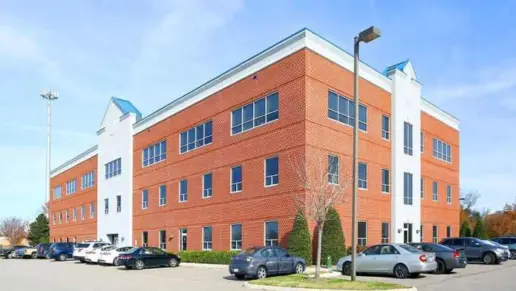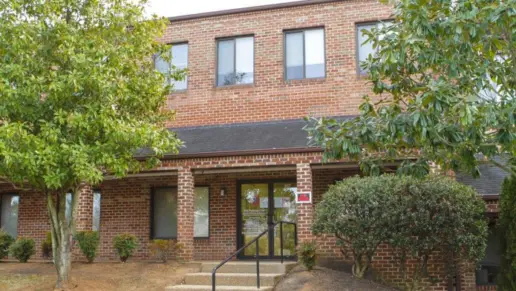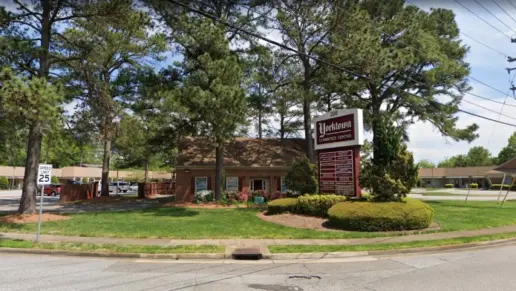This place is actually the most successful mental Health institutes in America but at the same time I’ve seen a lack of consistency and some incompetence like I knew one guy who’s doctor didn’t listen to him when he complained that the medications that he was given ...
About Northern Virginia Mental Health Institute
Northern Virginia Mental Health Institute is in Falls Church, Virginia. They offer help for several disorders, including mood, and anxiety disorders, as well as substance abuse. Both male and female adults are offered treatment here. Medical treatment is offered to manage substance abuse along with co-occuring mental health disorders. Residential care is offered for long term support for addiction recovery. Sign language is available if needed.
Available for various stages of recovery at NVMHI, they have a recovery-focused and person-centered approach to treatment programming. Their goal is to provide treatment programming that will better prepare individuals before they return to their community. They focus on promoting skill development, personal recovery, community reintegration and quality of life.
The center has 134 beds divided into five inpatient units. They offer emergency psychiatric care, legal services, and a variety of social services. That way, they’ll not only treat any addictions, they’ll address any underlying disorders that can influence your triggers.
They also provide programming for those with cognitive disorder, mood and anxiety disorder, personality and trauma disorder as well as psychotic and substance abuse disorder. You can participate in individual sessions with peer support, chaplins, social workers, occupational therapists, recreational therapists, as well as professional nurses.
Group interventions as well as individual sessions are offered through a variety of disciplines. There are several types of treatment with many types of programming, including art therapy, education workshops to learn coping skills, medicine education, as well as spiritual services.
There are some other amenities. If you need a ride, they can provide limited transportation. You can bring your pet, get job training, and build up your life development skills to be more independent.
The goal of this facility is to provide the programming that will help each individual to be discharged back into the community.
Facility Overview
Latest Reviews
Rehab Score
Gallery
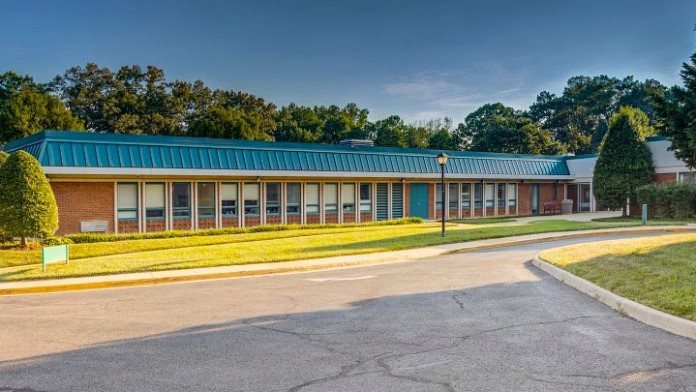
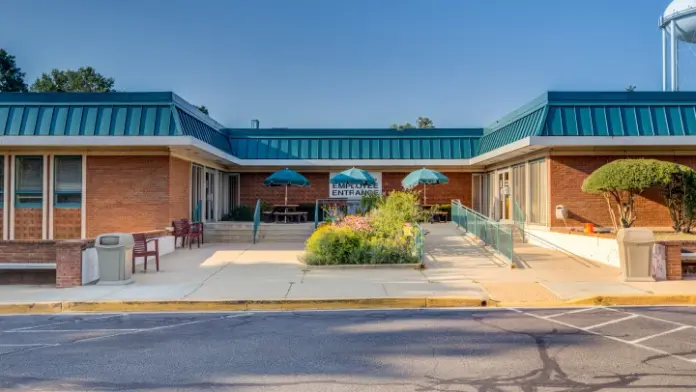
Location
Accepted Insurance
Other Forms of Payment
Private insurance refers to any kind of healthcare coverage that isn't from the state or federal government. This includes individual and family plans offered by an employer or purchased from the Insurance Marketplace. Every plan will have different requirements and out of pocket costs so be sure to get the full details before you start treatment.
Self-pay involves paying for treatment out of your own pocket. You can use savings or credit, get a personal loan, or receive help from family and friends to fund your treatment. If you don't have insurance or your insurance plan doesn't cover a specific program, self-pay can help ensure you still get the care you need.
Financial aid can take many forms. Centers may have grants or scholarships available to clients who meet eligibility requirements. Programs that receive SAMHSA grants may have financial aid available for those who need treatment as well. Grants and scholarships can help you pai for treatment without having to repay.
Medicare is a federal program that provides health insurance for those 65 and older. It also serves people under 65 with chronic and disabling health challenges. To use Medicare for addiction treatment you need to find a program that accepts Medicare and is in network with your plan. Out of pocket costs and preauthorization requirements vary, so always check with your provider.
Medicaid is a state based program that helps lower-income individuals and families pay for healthcare. Medicaid covers addiction treatment so those enrolled can use their coverage to pay for rehab. When a program accepts Medicaid the client often pays very little or nothing out of their own pocket.
Military members, veterans, and eligible dependents have access to specific insurance programs that help them get the care they need. TRICARE and VA insurance can help you access low cost or no cost addiction and mental health treatment. Programs that accept military insurance often have targeted treatment focused on the unique challenges military members, veterans, and their families face.
Addiction Treatments
Levels of Care
Treatments
Many of those suffering from addiction also suffer from mental or emotional illnesses like schizophrenia, bipolar disorder, depression, or anxiety disorders. Rehab and other substance abuse facilities treating those with a dual diagnosis or co-occurring disorder administer psychiatric treatment to address the person's mental health issue in addition to drug and alcohol rehabilitation.
Mental health rehabs focus on helping individuals recover from mental illnesses like bipolar disorder, clinical depression, anxiety disorders, schizophrenia, and more. Mental health professionals at these facilities are trained to understand and treat mental health issues, both in individual and group settings.
Programs


Clinical Services
Cognitive Behavioral Therapy (CBT) is a therapy modality that focuses on the relationship between one's thoughts, feelings, and behaviors. It is used to establish and allow for healthy responses to thoughts and feelings (instead of unhealthy responses, like using drugs or alcohol). CBT has been proven effective for recovering addicts of all kinds, and is used to strengthen a patient's own self-awareness and ability to self-regulate. CBT allows individuals to monitor their own emotional state, become more adept at communicating with others, and manage stress without needing to engage in substance abuse.
Dialectical Behavior Therapy (DBT) is a modified form of Cognitive Behavioral Therapy (CBT), a treatment designed to help people understand and ultimately affect the relationship between their thoughts, feelings, and behaviors. DBT is often used for individuals who struggle with self-harm behaviors, such as self-mutilation (cutting) and suicidal thoughts, urges, or attempts. It has been proven clinically effective for those who struggle with out-of-control emotions and mental health illnesses like Borderline Personality Disorder.
Group therapy is any therapeutic work that happens in a group (not one-on-one). There are a number of different group therapy modalities, including support groups, experiential therapy, psycho-education, and more. Group therapy involves treatment as well as processing interaction between group members.
In individual therapy, a patient meets one-on-one with a trained psychologist or counselor. Therapy is a pivotal part of effective substance abuse treatment, as it often covers root causes of addiction, including challenges faced by the patient in their social, family, and work/school life.
Trauma therapy addresses traumatic incidents from a client's past that are likely affecting their present-day experience. Trauma is often one of the primary triggers and potential causes of addiction, and can stem from child sexual abuse, domestic violence, having a parent with a mental illness, losing one or both parents at a young age, teenage or adult sexual assault, or any number of other factors. The purpose of trauma therapy is to allow a patient to process trauma and move through and past it, with the help of trained and compassionate mental health professionals.
Family therapists work with all members of the family to understand the roles they play in the addiction dynamic. Addressing these patterns is crucial to developing healthier ways to interact and support each other, as well as contributing to a more effective recovery for their loved ones.
Staff
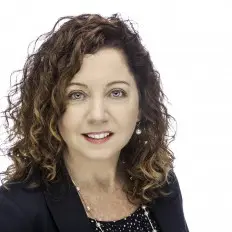
CEO
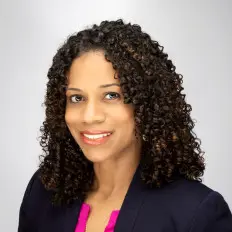
Director of Psychology & Forensic Services
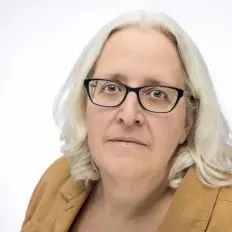
Director of Compliance & Quality Management
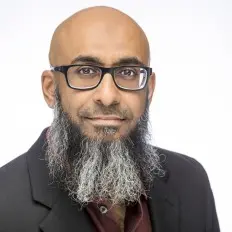
Medical Directo
Contact Information
3302 Gallows Road
Falls Church, VA 22042






